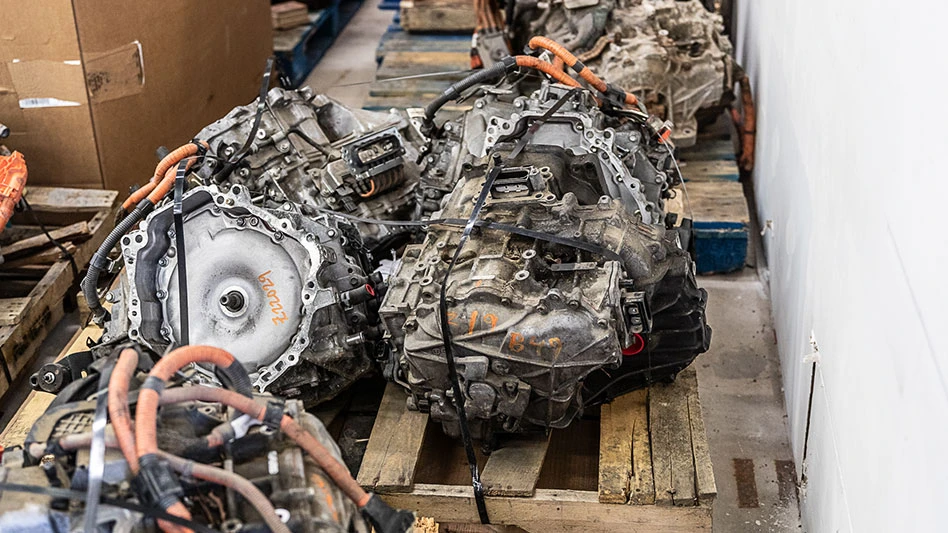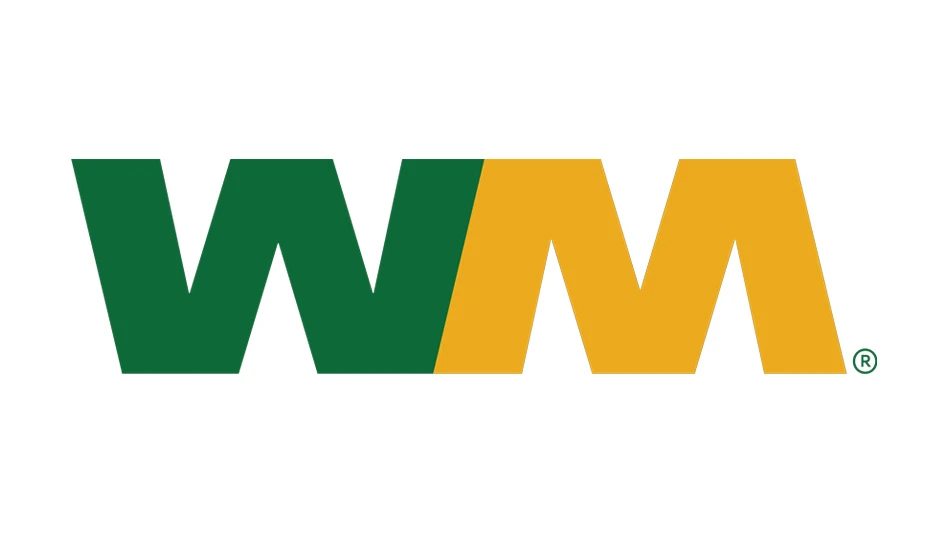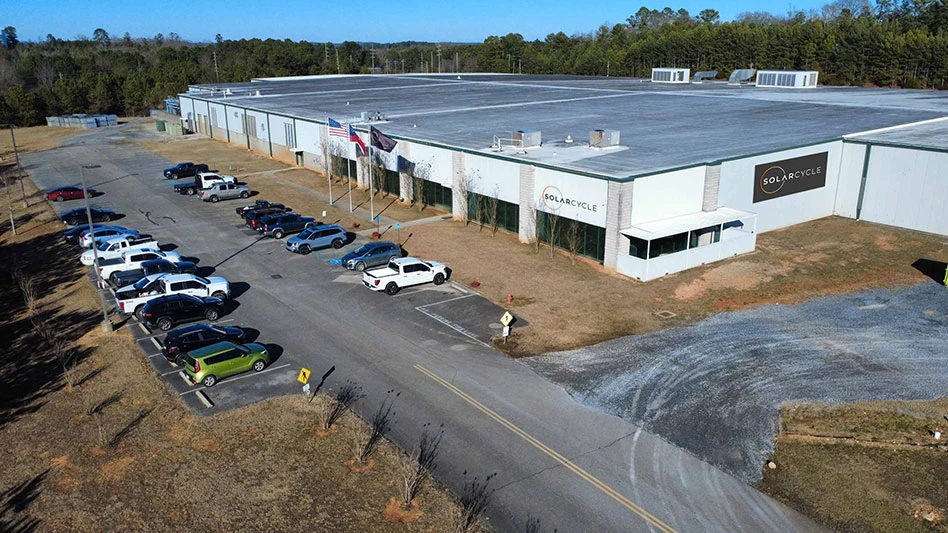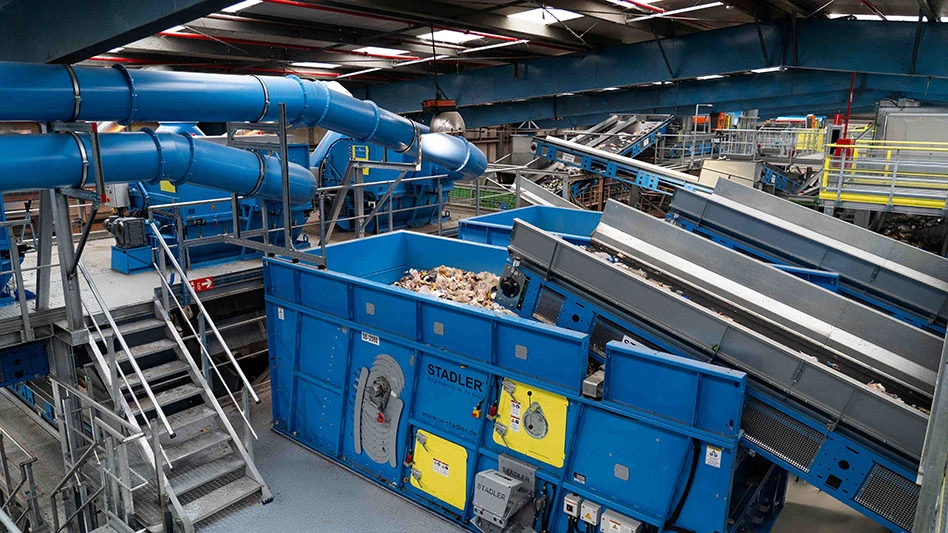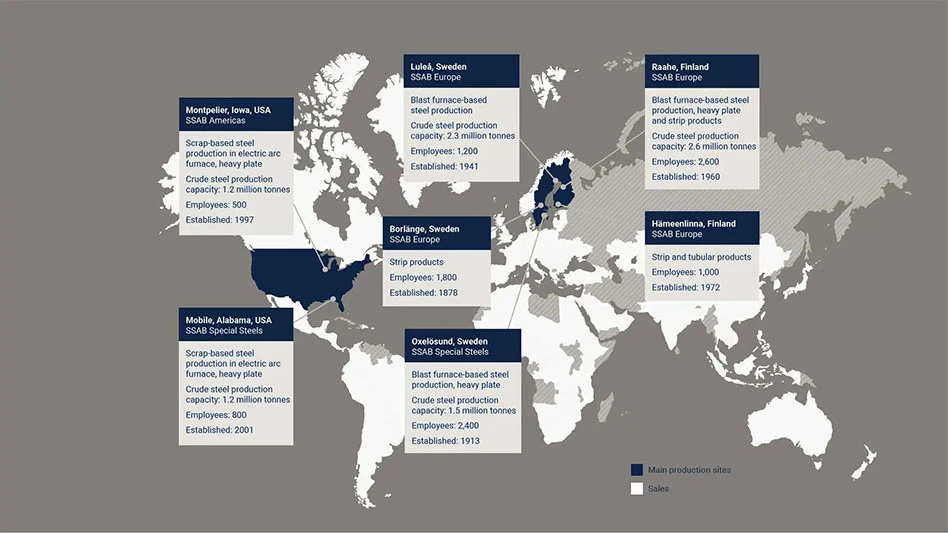
Recycling Today archives
The 2020s have brought with it the COVID-19 pandemic, inflation and geopolitical uncertainty, all of which have influenced the behavior of household consumers in the United States, according to global consulting firm McKinsey & Co.
Those factors prompted McKinsey to conduct a global survey of tens of thousands of people earlier this year, including 1,000 in the U.S., to find if views about packaging choices had changed. A report posted to the company’s website this week and co-authored by five McKinsey staff members specifically examines survey responses emanating from the U.S.
The report by McKinsey’s Daniel Nordigården of its Toronto office, David Feber in the Detroit office, Felix Grünewald and Markus Pley in the firm’s Zurich office and Mark Conrad in Stockholm focuses in part on the finding that a product’s recyclability is the most important characteristic for U.S. consumers when considering the sustainability of packaging, though a significant portion is also concerned with the level of recycled content and reusability.
Before sustainability is even considered, however, the survey results indicate Americans consistently rank the quality, price and convenience of products as more important than the environmental impact of products, followed by food safety and shelf life, which also ranks ahead of sustainability aspects.
Additionally, when asked to rank types of packaging based on their level of sustainability, U.S. consumers surveyed perceived glass to be the most sustainable, followed by paper and metal (aluminum and steel).
“This is consistent with the importance of recyclability to U.S. consumers: Glass, metal and paper are the packaging types with the highest levels of recycling rates and recycled content in the United States,” the report says, citing U.S.-based trade association statistics.
While extended producer responsibility (EPR) and beverage container deposit-return system (DRS) programs often are actively lobbied against by corporations, the survey results indicate U.S. consumers believe it is brand owners and packaging producers, not retailers or consumers themselves, that should be held responsible for sustainability in packaging, according to McKinsey.
The overall proportion of Americans who care about sustainability has not fallen, and McKinsey says companies in the packaging value chain will need to tailor their strategies to respond to the nuanced, evolving consumer views on sustainable packaging.
To that end, the report says companies attempting to build market share should consider four strategies: understanding the granularity of consumer behavior, engaging the full packaging value chain, designing packaging to meet the full set of consumer needs and preferences and prioritizing consumer education.
Companies in the recycling supply chain may be heartened to learn the 2025 survey found 77 percent of respondents said recyclability is extremely important or very important.
McKinsey singles out multimaterial packaging as a form of packaging that often cannot be recycled in existing recycling systems, which it says poses a significant and unresolved challenge in recycling today.
The full report on the U.S. survey results can be found on the McKinsey & Co. website.
Latest from Recycling Today
- ArcelorMittal legal battle with Italy continues
- Altor program boosts EPS recycling
- IP to spin off non-North American operations
- Flexible Film Recycling Alliance report outlines progress
- RERF opens Avagliano award nominations
- Eriez expands European sales network
- Gränges increases sales volume in 2025
- Aduro selects Netherlands as site for industrial scale-up facility

